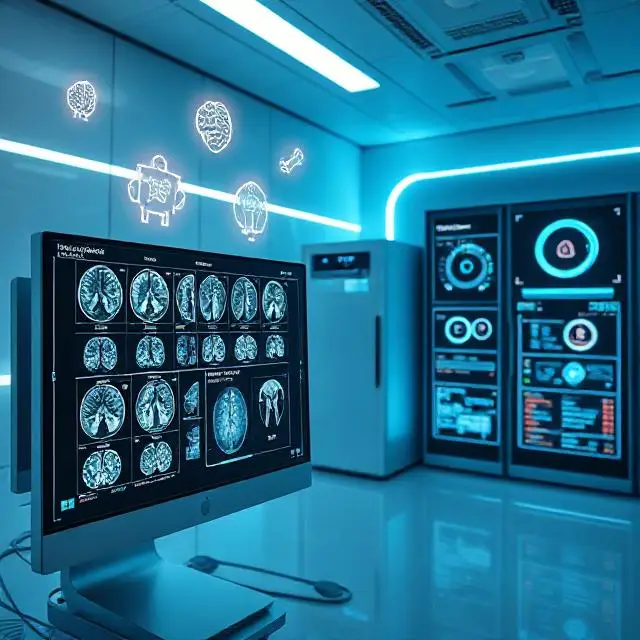Data is the lifeblood of healthcare research that fuels groundbreaking discoveries and advances in medical technology. However, one of the significant hurdles researchers face is the issue of messy data. The statistics around the problems associated with messy data are mind blowing and valuable imaging data is frequently left out of the research equation.
The Messy Data Conundrum:
Messy data, characterized by inaccuracies, inconsistencies, and incompleteness, is a pervasive issue in healthcare research. According to recent studies, up to 80% of a researcher’s time is spent on preparing data before it can be analyzed effectively. This not only poses a significant drain on resources but also introduces the potential for errors that can compromise the integrity of research outcomes.
Healthcare Data Cleaning:
- Time Consumption: On average, researchers spend 60% of their time cleaning and organizing data for analysis and 19% of their time collecting data. This significant time investment underscores the magnitude of the problem and its impact on the pace of research progress.
- Financial Implications: The cost of cleaning messy data is substantial. Estimates suggest that organizations spend up to $3.1 trillion globally on data quality issues, further emphasizing the need for streamlined and efficient data management practices.
While various types of healthcare data contribute to the research landscape, imaging data often finds itself neglected in the pursuit of cleaner datasets. This oversight is not without consequences, as imaging data holds a wealth of information critical for understanding diseases and developing targeted treatments.
Imaging Data Exclusion:
- Underutilization of Imaging Data: Healthcare research studies often exclude or underutilize imaging data due to the perceived challenges associated with handling and interpreting complex imaging datasets.
- Missed Opportunities: Research suggests that excluding imaging data can lead to missed opportunities for early disease detection, personalized medicine, and a deeper understanding of the underlying mechanisms of various medical conditions.
To overcome the challenges posed by messy data and the underutilization of imaging data, researchers and healthcare organizations must invest in innovative solutions and technologies. This includes the implementation of advanced data cleaning algorithms, machine learning models for automated data processing, and standardized protocols for collecting and storing imaging data.
Top 5 Strategies for Effective Data Management in Healthcare Research:
- Implement Automated Data Cleaning Tools: Leverage machine learning algorithms and automation tools to expedite the data cleaning process, reducing the burden on researchers and minimizing errors.
- Promote Interdisciplinary Collaboration: Foster collaboration between data scientists, healthcare professionals, and technology experts to ensure a holistic approach to data management that addresses the unique challenges posed by healthcare datasets.
- Establish Data Quality Standards: Develop and adhere to standardized protocols for data collection, storage, and analysis to enhance the overall quality and reliability of healthcare research datasets.
- Invest in Advanced Imaging Technologies: Embrace cutting-edge imaging technologies that generate high-quality, standardized data, facilitating easier integration into research studies and minimizing the need for extensive cleaning.
- Encourage Open Data Sharing: Promote transparency and collaboration by encouraging researchers to share clean, anonymized datasets openly. This not only accelerates the pace of research but also allows for the validation of findings by the broader scientific community.
It’s crucial to confront the statistical realities surrounding messy data and the exclusion of imaging data. By acknowledging these challenges and embracing cutting-edge solutions, the healthcare research community can unlock the full potential of data-driven insights, allowing for transformative advancements in medical technology.
Healthcare professionals and researchers have addressed the need for standardized data and interoperability. Enlitic’s ENDEX™ can solve major issues researchers have been dealing with for many years when it comes to healthcare data cleaning, specifically medical image data, and allow for valuable medical imaging data to be utilized more often in research.








